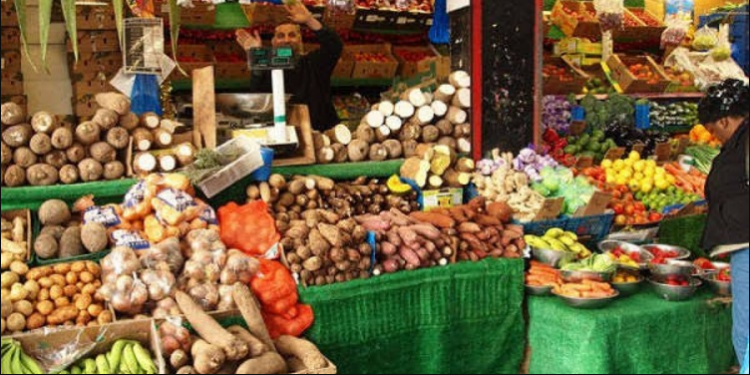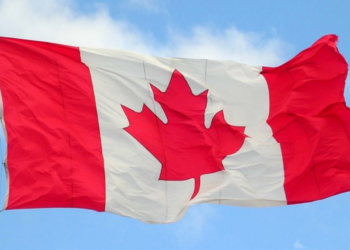Nigerians spend an average of $62 (N48,186) monthly for food expenses, placing the nation in the top spot in Africa for the highest food expenditure.
A recent report by Picodi Research, obtained by Nairametrics, reveals that in the ranking of African nations based on their monthly grocery spending, Nigeria secures the fourth position. Egypt leads the chart with a monthly food expenditure of $114, followed by South Africa at $77, and Kenya at $74.
The countries with the lowest grocery spending are Uganda at $24 per month, Ethiopia at $20 per month, and Tanzania at $15 per month. Notably, Ghana, Nigeria’s neighbor, records a monthly food expense of $54. Interestingly, Morocco and Nigeria share the same monthly food bill, both at $62.
The research also underscores that Nigerians allocate the highest percentage of their income to groceries compared to 105 other countries worldwide. Nigeria tops the list with an astonishing 59% of income spent on groceries, followed closely by Myanmar at 56%, Kenya at 56%, Bangladesh at 52.7%, and Laos at 50.6%.
What you should know
The country has been grappling with a significant rise in food prices, resulting in a substantial portion of citizens’ income being allocated to food.
As reported by Nairametrics previously, data from the National Bureau of Statistics reveals that prices of everyday staple foods consumed by Nigerians have increased by as much as 12% on a month-to-month basis between June 2022 and June 2023, resulting in an average 30% increase in food prices over the 12-month period.
With the food inflation rate standing at 26.98% in July 2023, marking a 1.73% point increase from the previous month and a staggering 4.97% increase overall.
Despite this alarming increase in the cost of living, Nigeria’s minimum wage remains at a fixed rate of N30,000 per month. To illustrate, the average cost of 1kg of boneless beef surged by 5.26%, rising from N2,520.52 in May to N2,653.02 in June 2023.
On a year-on-year basis, this item’s cost rose by a significant 27.55% from June 2022 to June 2023. Unfortunately, wages have not followed a similar upward trajectory.
More insight
Taking a closer look at the growth of the minimum wage in comparison to the inflation rate, we can see that in 2004, the minimum wage was set at N5,500.00 per month.
In 2011, the National Minimum Wage Act of 2011 increased the minimum wage to N18,000.00 per month.
Subsequently, in 2019, the Minimum Wage Repeal and Enactment increased the minimum payment to workers from N18,000 to N30,000, marking a surge of about 66.67%.
As of the latest available data, July’s inflation rate stands at a concerning 24.08%. Several factors have contributed to this surge.





















